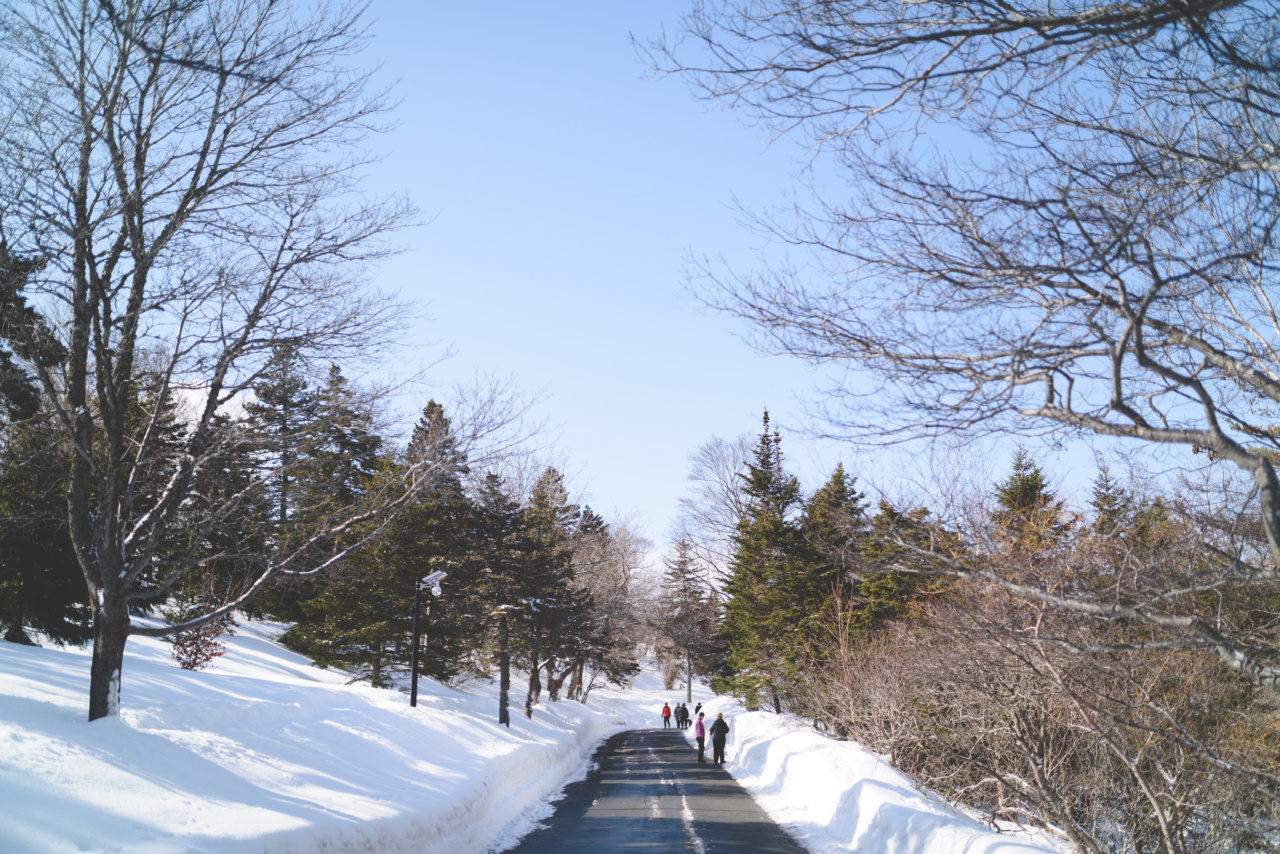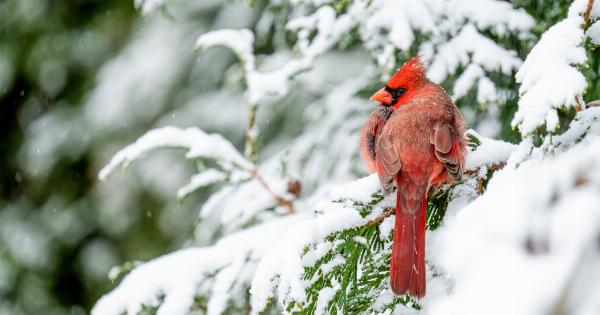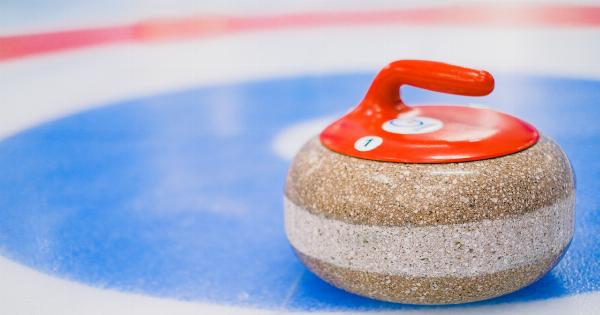Winter season can be a beautiful time of year with snowflakes falling and frosty landscapes, but for some, it comes with increased risk of heart failures.
Snow and cold weather have been linked to several health problems, from increased chances of getting the flu to developing heart problems.
The Correlation Between Snow and Infarction Risk
Infarction is the death of tissue resulting from obstruction of the blood supply to a particular area. Increased exposure to winter weather and snow can lead to a higher risk of heart attacks and other heart-related problems.
The risk is particularly high in areas that experience extremely cold temperatures and heavy snowfalls.
The link between the cold weather and heart problems is not fully understood yet, but there are several theories. One theory suggests that cold weather puts more strain on the heart as it tries to keep the body warm.
As a result, the heart has to work harder, which can trigger a heart attack or other heart-related issues.
Another theory suggests that the cold weather can cause the blood vessels to constrict, reducing blood supply to the heart. This can cause a heart attack or angina, which is chest pain due to reduced blood flow to the heart.
Risk Factors
Several risk factors can increase the likelihood of developing heart problems during the winter season. People with pre-existing cardiac conditions are more susceptible to heart attacks and other heart-related issues during the cold season.
The elderly, obese, and those with high blood pressure or high cholesterol levels are also at a higher risk of developing heart problems during the winter months.
Additionally, people who engage in vigorous outdoor activities such as snow shoveling or skiing without proper preparation and conditioning are at a higher risk of heart problems.
These activities can put a lot of strain on the heart, especially in cold weather conditions.
Precautions
While it may not be possible to completely avoid the risks associated with cold weather and snow, there are several precautions you can take to reduce your chances of a heart attack or other heart-related problems.
Firstly, it is essential to keep yourself warm. Dress appropriately for the weather, wear layers of warm clothing, and cover your head and ears to prevent heat loss.
It is also crucial to stay hydrated by drinking plenty of fluids, even if you don’t feel thirsty.
Secondly, try to avoid outdoor activities that are too strenuous, especially if you’re not used to them. If you must engage in such activities like shoveling snow, warm-up your muscles properly before starting and take frequent breaks.
Listen to your body and stop immediately if you experience chest pains, dizziness, or shortness of breath.
Thirdly, it is vital to seek medical attention immediately if you experience any heart-related symptoms such as chest pains, shortness of breath, or fatigue. Delaying treatment can lead to long-term heart damage or even death.
Conclusion
Winter season can be a lovely time of year, but it can also come with increased health risks, particularly for the heart.
Increased exposure to cold weather and snow can increase the risk of infarction – the death of tissue resulting from obstruction of the blood supply to a particular area.
It is essential to take precautions such as dressing warmly, staying hydrated, and avoiding strenuous outdoor activities without proper preparation and conditioning.
Furthermore, seek immediate medical attention if you experience any heart-related symptoms during the winter season.




























